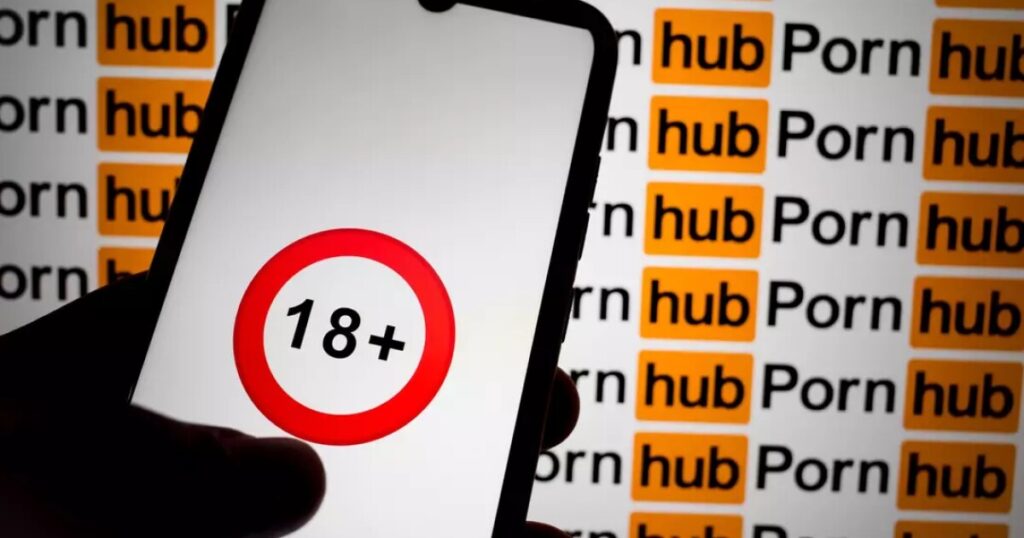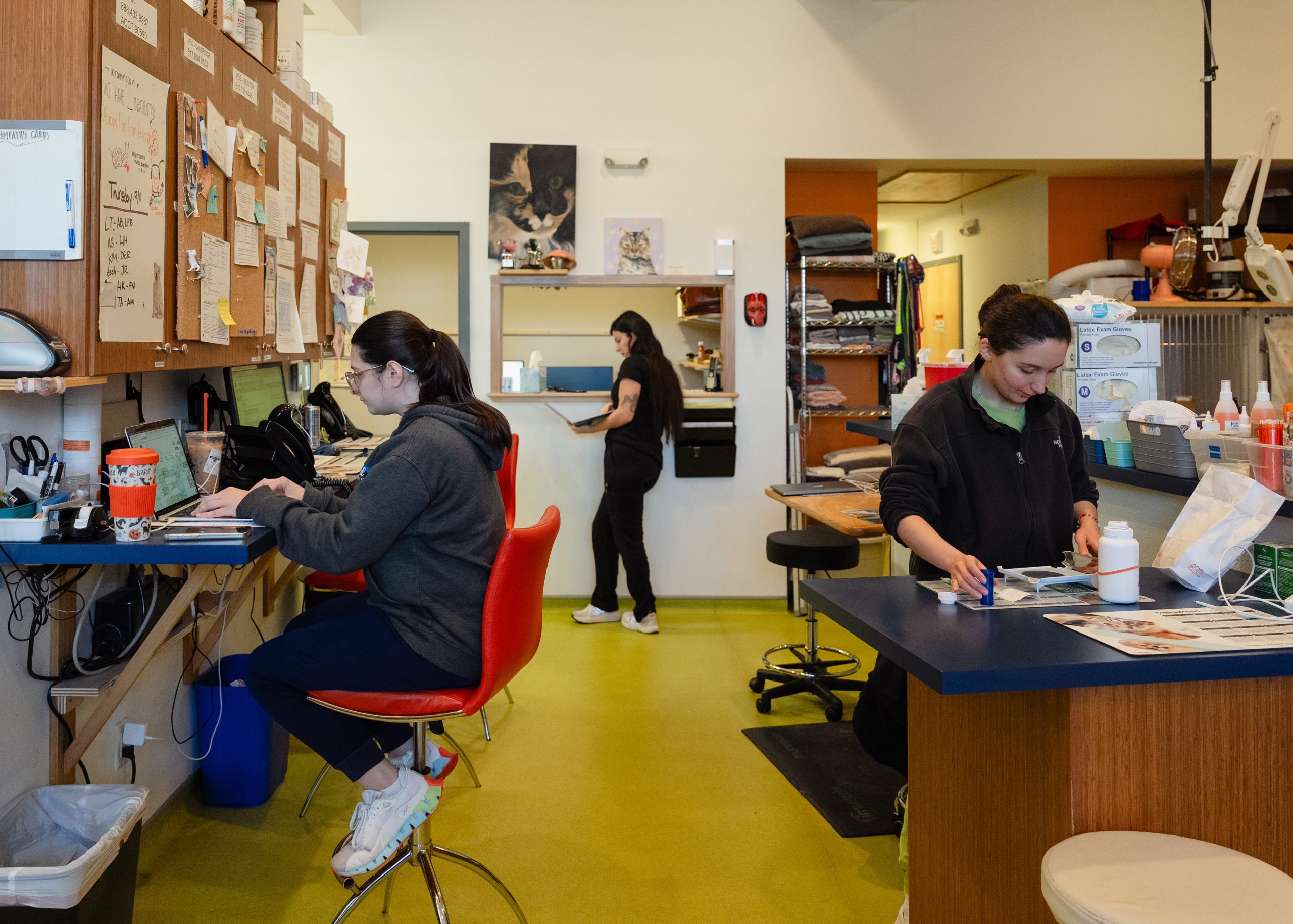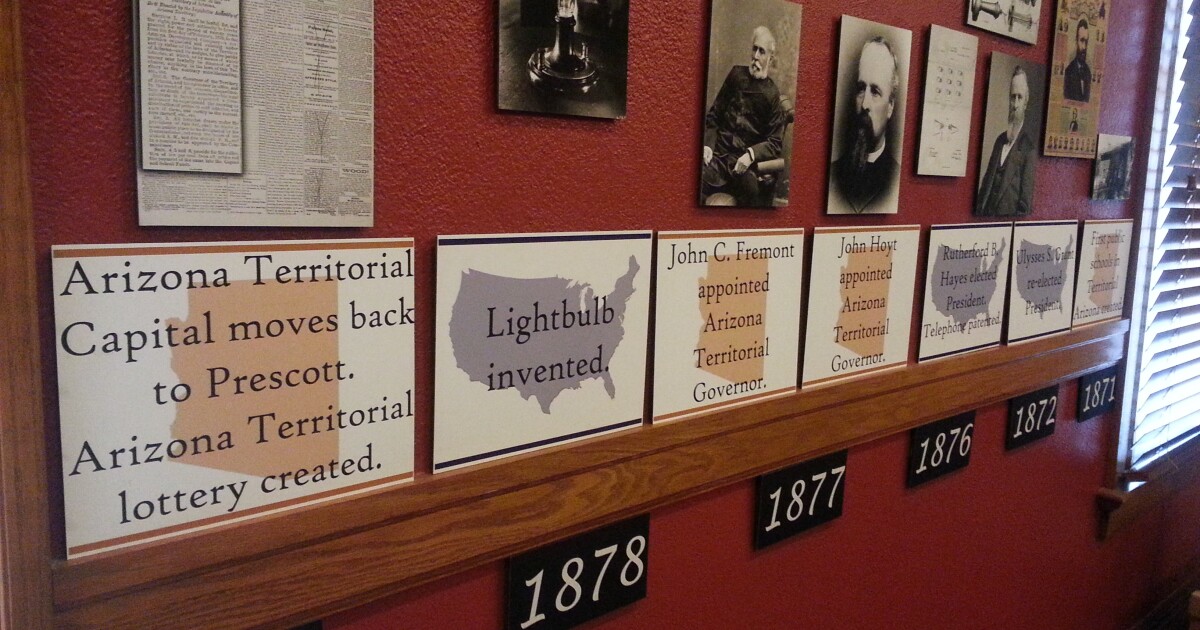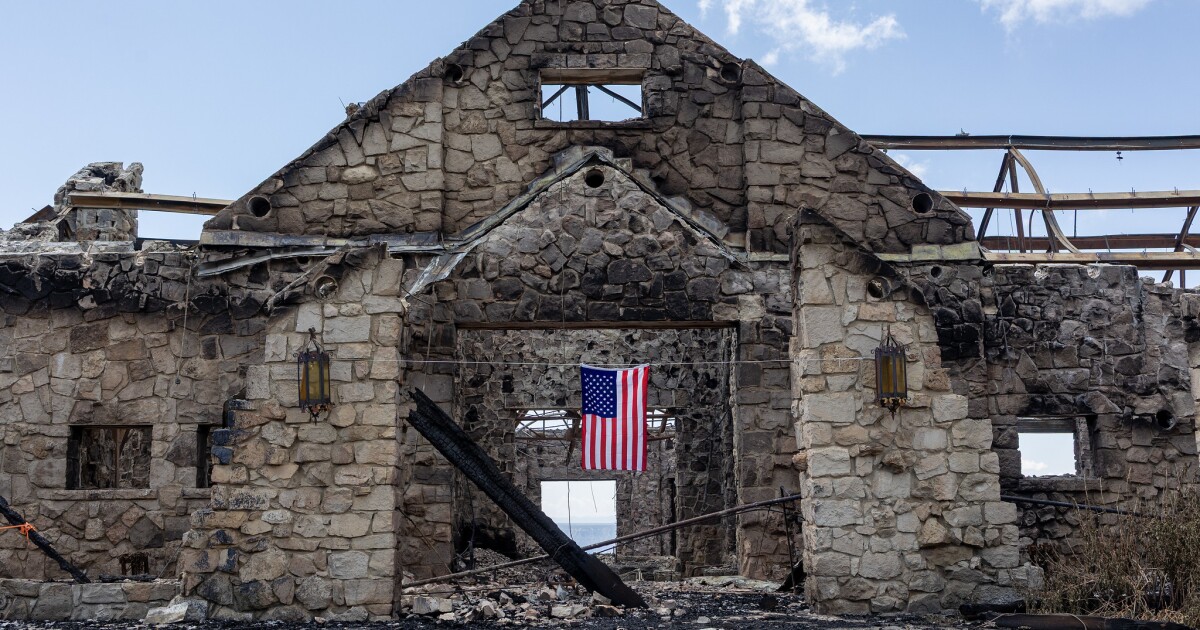New Age Verification Law Impacts Online Access to Adult Content in Arizona
In Arizona, accessing explicit online content is about to require the same age-proofing as buying alcohol. A fresh law mandates that websites with adult content establish digital age-verification systems, imposing strict penalties for non-compliance.
Commencing Friday, publishers of content deemed “harmful to minors” must verify users’ ages through digital identification or a commercial age-verification method. Non-compliant sites risk facing penalties, including $10,000 per day, with courts able to fine up to $250,000 if minors access the material.
Despite constitutional debates about privacy and the rights of adults, the Arizona law aligns with similar statutes in other states, including Texas, which the U.S. Supreme Court recently allowed to enforce.
The implementation is already affecting content availability. Aylo, Pornhub’s parent company, announced it will restrict its services in Arizona, citing concerns over user privacy and data collection. “Our children and grandchildren will now have slightly safer childhoods,” remarked Rep. Nick Kupper, who authored the legislation.
The existing system, which merely asks users if they are 18, is deemed insufficient. Kupper noted, “If a minor child, let’s assume a 13-year-old child for instance, goes to a pornography website, it simply asks, ‘Are you 18?’ If a child has made it to a pornography website, they’re not going to be stopped by a question.”
Under the new law, users might need to upload government IDs or use a “commercially reasonable method” like credit card verification. Some companies even offer “facial age recognition” technology.
Concerns about data privacy have been addressed by prohibiting companies from retaining verification data, imposing fines for violations.
Industry opposition is present. Michael Stabile from the Free Speech Coalition argues that the law drives users to non-compliant international sites, suggesting device-based age-verification as a better solution. “You verify once on your device,” he explained, ensuring access control irrespective of content location.
Rep. Lupe Contreras expressed concerns over government overreach, highlighting existing parental controls at home. Kupper acknowledges limitations, including potential bypasses like VPNs but views the law as one protective layer.
The law’s scope focuses on content “harmful to minors,” with specific criteria for explicit material. Concerns exist about restricting access to educational information, though Kupper assures that decisions rest with the courts.
Modeled after Texas law, the Arizona measure faced a gubernatorial veto last year but gained approval this year following parental feedback. Gov. Katie Hobbs cited widespread concern over children’s online exposure as a driving factor.
Although the age requirement for adult websites remains 18, contrasting with Arizona’s 21-year minimum for alcohol, the law marks a significant shift in online content access regulation.
—
Read More Arizona News










